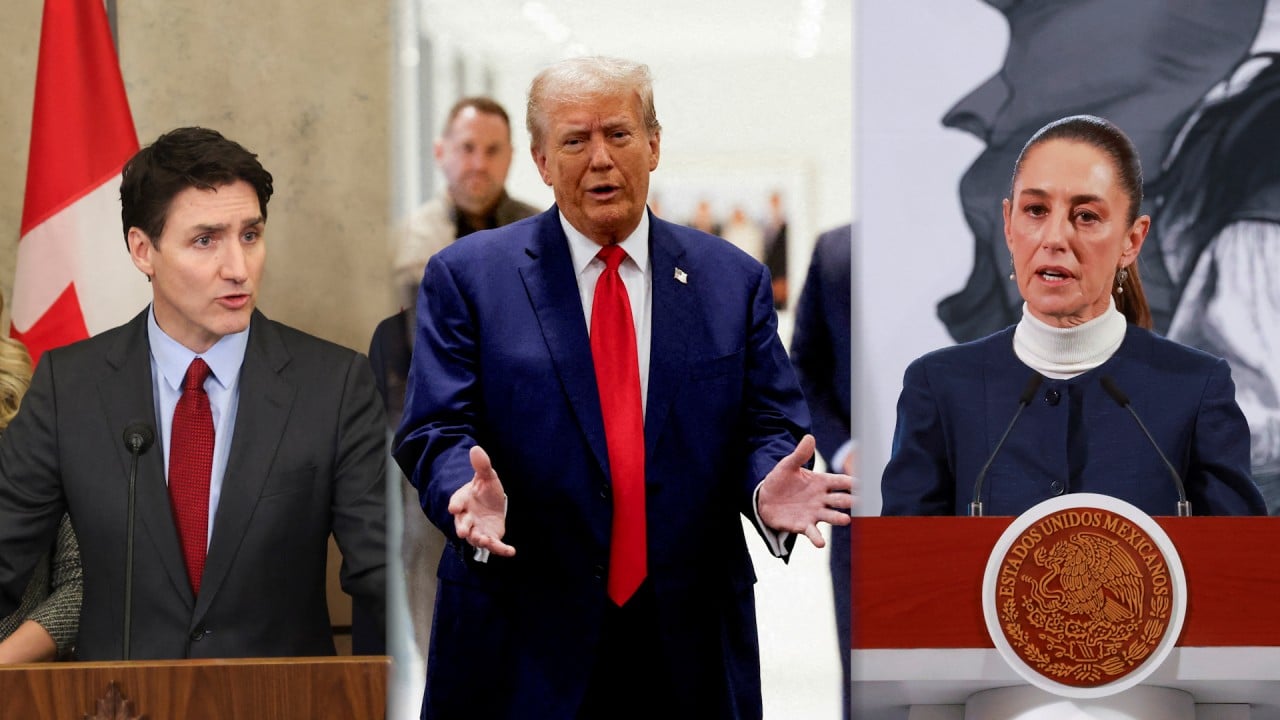By wielding the threat of imposing across-the-board tariffs against Canada, Mexico and China for no justifiable reason, US President Donald Trump has demonstrated that he is a major risk for America and its trade partners. But how other countries respond to Trump’s reckless policies will ultimately determine how much damage the global economy will sustain. America’s trade partners need to keep their cool and resist the temptation to magnify the insanity.
Advertisement
Most analysts seem to believe that responding in kind is the right thing to do. As expected, Canada and Mexico both threatened retaliation and eventually reached deals with Trump to avert the tariffs temporarily.
But it is not clear why retaliation should be regarded as normal and desirable when the tariffs that trigger them are viewed – correctly – as crazy. Policymakers elsewhere must not lose sight of the truth that Trump has chosen to disregard: the costs of tariffs are borne mainly at home.
The instinct to retaliate is natural. To deter a schoolyard bully, one must confront him with determined opposition. But far from dissuading Trump, other countries’ tariffs will further feed his misplaced grievances. More importantly, the logic of retaliation fails in this instance.
The tit-for-tat model works to ensure cooperation in certain circumstances, such as the prisoners’ dilemma. In this scenario, each actor benefits from their own unilateral move but is made worse off when the other actor responds in kind. Trump’s tariffs do not fit this characterisation.
Advertisement
Contrary to what Trump claims, US tariffs are paid mostly by American consumers and firms that use imported inputs. Thus, the “optimum tariff” argument, by which a country could gain by exercising monopoly power on world markets, does not seem to apply.


